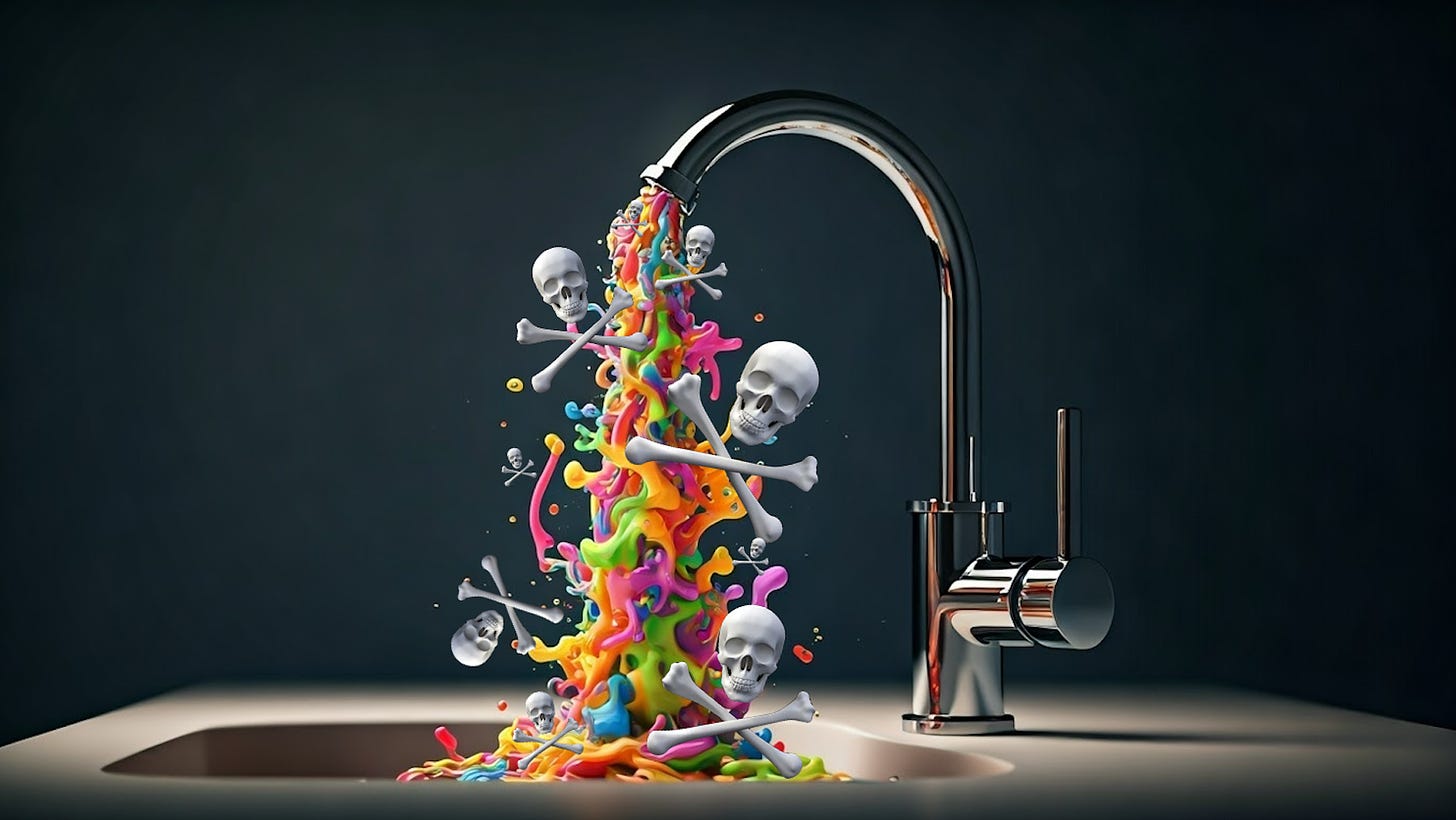Shutting Off The Plastic Tap: A Global Treaty To Regulate Petrochemical Pollution?
The Great Simplification #154
One of the central ecological challenges of our time is addressing the plastic and petrochemical pollution that has exploded over the past several decades. This global issue will require the cooperation of all nations. But based on the disintegration of UN negotiations for a treaty on plastic pollution last Sunday, this is easier said than done.
In this special episode, I’m joined by toxicologist Jane Muncke, who provides an in-depth analysis following the final day of discussions in Busan, South Korea. Together, we explore the complex intergovernmental negotiations that have defined the treaty process, as well as the environmental and health policies that have shaped these conversations in recent years.
Will we ever be able to place chemical safety and public health above economic motivations at the global level? Could increased public awareness of the way these seemingly convenient products affect our health and well-being finally shut off the plastic tap? Finally, is it possible for the treaty to go beyond waste management and recycling, to instead move towards reducing the production and consumption of plastics at the source?
In case you missed it…
In last week’s Frankly, I revisited some key messages from this channel and delved into some of the more challenging takeaways. The logic of the Superorganism reveals why narrow focus on solutions while extrapolating current trends will be insufficient for addressing the most important issues of our time and why these will increasingly have to be championed proactively, creatively and indirectly instead. As the biophysical and social limits to growth become harder to ignore, The Great Simplification synthesis points us to a more realistic portrait of the future: one of less for the 'median' human. Facing these realities is neither easy nor pleasant, but as more people arrive at a species-level conversation, it is necessary. Only by doing so can we look and plan several steps ahead to change the initial conditions of the future, in service of life.
If you appreciate The Great Simplification podcast…
Be sure to leave a review on your preferred podcast platform! Leaving reviews helps the podcast grow, which helps spread awareness of our systemic situation from experts in ecology, energy, policy, economics, technology, and community building so that we can better understand - and respond to - the challenges of the coming decade.
The Great Simplification podcast is produced by The Institute for the Study of Energy and Our Future (ISEOF), a 501(c)(3) organization. We want to keep all content completely free to view globally and without ads. If you’d like to support ISEOF and it’s content via donation, please use the link below.






All plastic is produced from petroleum and as long as big money is made from those petroleum distillates, plastic will keep pouring out into our environment, even as it becomes an ever greater pollutant in the physical environment and danger to ALL life on the planet. Just try to find any food product at your grocery store NOT wrapped in plastic. Oil is the source of ALL of our environmental problems and, like any good addict, we just can't live without it. So, we will die from our addiction, just like any other addict.
Spot on discussion… really important to share this In educational environments…. Our schools 🏫